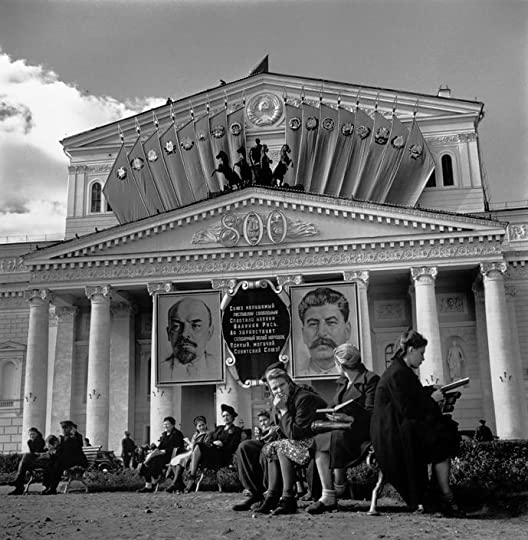The Cherry Orchard is a story that portrays the end of an era of landed gentry in Russia. With the fall of the nobility, there rises a new middle class. And the land ownership passes from the failing gentry to the wealthy middle class. Madame Ranevsky represents the declining nobility; Lopakhin, a merchant, represents the emerging new wealthy middle class. And interestingly, Loparkhin is a descendant of former serfs who toiled in the very same lands he was purchasing.
Thematically, Chekhov was bringing to light the socio-economic changes that underwent in Russia after the abolition of serfdom in 1861. These changes are very subtly portrayed in the play through the Cherry Orchard. The proud existence of the cherry orchard represents the once rich and powerful nobility; their fall is signified by the cherry orchard being cut. This symbolic presentation was very beautifully done.
As a secondary theme, I felt that Chekhov was keenly observing the personalities and psychologies of these two different classes and questioning whether real changes have taken place in Russia through all these reforms. The declining nobility represented by Madam Revensky, her brother, and another aristocrat, is shown as a frivolous lot; so is Lopakhin, the wealthy merchant. Chekhov shows that it is only the ownership and wealth that are changed hands and not any real social and economic changes have taken place. Written more than a decade earlier the Russian revolution, one can almost think that Chekhov saw that further changes would take place in the future, which he was unable to witness.
While all were good, some incidental characters that were used in this play disturbed the main thematic flow of the play. I did not understand the role they played, except perhaps for the dramatic effect on the stage. But when reading, they disturbed the flow and it was with some effort that I had to steer my way through the main storyline.
This is my first read of a play by Chekhov. And although I was not fully pleased with the way the story/play was presented, I still liked it. I greatly admire his thinking. It is no wonder that he is named as one of the greatest Russian short fiction writers.
Rating: 3/5



